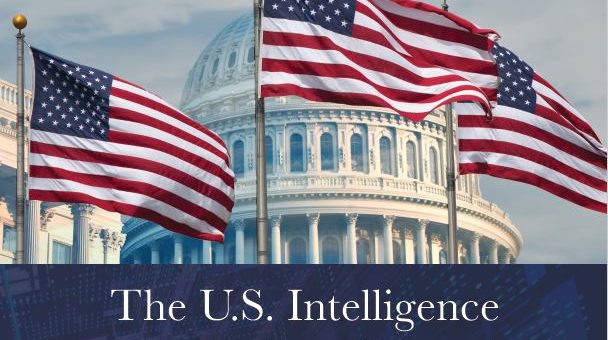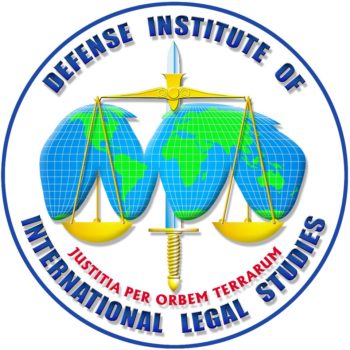
U.S. Intelligence Community Law Sourcebook Published
- On May 5, 2022
- American Bar Association, Intelligence Law, National Security, Pearlman, Rule of Law, Transparency
The latest edition of the American Bar Association’s U.S. Intelligence Community Law Sourcebook has been published and is available at the ABA’s website. Lexpat’s Adam Pearlman was appointed Editor-in-Chief of this volume after his several years on the editorial team. Pearlman also is a member of the ABA’s Advisory Committee on Law and National Security.
This edition features an overhaul of the ABA Standing Committee on Law and National Security’s flagship publication on intelligence law and other important national security authorities, which Pearlman and co-editors former DHS Assistant Secretary and Col. (Ret.) M. Tia Johnson, and Col. (Ret.) Kay Wakatake spent a year curating, organizing, and editing. Their work has earned endorsements from former director of the Central Intelligence Agency and National Security Agency General Michael Hayden, former U.S. Assistant Attorneys General for National Security Ken Wainstein, David Kris, John Demers, and Mary McCord, and former U.S. State Department Legal Adviser John Bellinger:
“I’ve often noted that the US Intelligence Community has more lawyers than some of our foreign counterparts have intelligence officers. This thorough overhaul of the sourcebook provides those lawyers with the most authoritative, comprehensive, and up-to-date compendium of US law on intelligence ever. Mastery of this legal landscape ensures the men and women of the IC operate consistent with our US Constitution and shared values while using the full authorities granted under that law to protect the nation. I commend this volume to anyone needing to understand the full complexity of the law.”
– General Michael Hayden, former Director, Central Intelligence Agency; former Director, National Security Agency; former Principle Deputy Director of National Intelligence
“The Sourcebook has proved to be an indispensable resource for any intelligence or national security professional. I kept it on my desk in government and in private practice, and referred to it frequently when teaching law school.”
– Kenneth Wainstein, former Homeland Security Advisor; former Assistant Attorney General for National Security; former General Counsel, Federal Bureau of Investigation
“Transparency is a bedrock of a properly functioning democracy, but is often especially difficult in the intelligence world. Since its inception, the Sourcebook has performed an important role in shining light on the critical legal underpinnings of some of our most sensitive capabilities, as well as the policy context that drives us to use and improve them. This edition continues the mission of helping to make intelligence authorities more accessible to lawyers, policymakers, academics, journalists, and students so we all can better understand and appreciate the metes and bounds of what the government can and cannot do under the law.”
– David Kris, former Assistant Attorney General for National Security
“The rule of law is the foundation for meeting the challenges posed by the evolving geopolitical and national security landscape. While our adherence to the rule of law remains constant, the laws themselves develop to deal with these challenges. This latest edition of The U.S. Intelligence Community Law Sourcebook is more than an updated collection of statutory texts – it’s a carefully curated, organized, and contextualized volume of work that illustrates how the United States counters a wide array of evolving threats within a rule of law framework. The strength of the institutions that uphold our democracy depends upon the authorities showcased in this book; it is an invaluable resource for anyone who seeks to know them.”
– John Demers, former Assistant Attorney General for National Security
“Events in recent history continue to raise new and challenging national security and intelligence issues for which there are no easy answers. The Sourcebook provides a readily accessible compendium of positive authorities that shape important aspects of U.S. national security, and this year’s recrafting has taken this important work to a new level in its potential to help government officials, practitioners, and academics in balancing national security, public safety, accountability, and civil liberties.”

